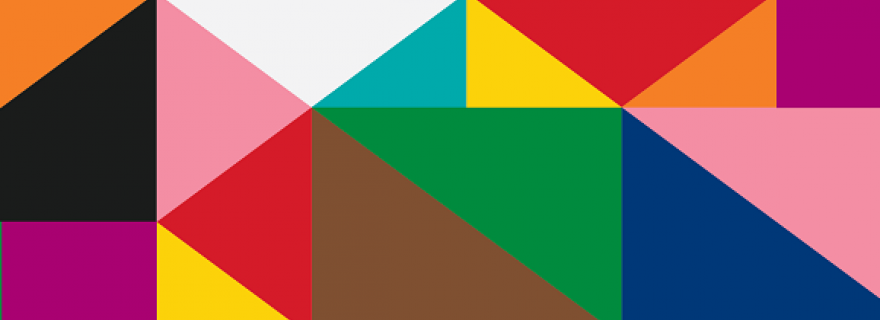Column of the Diversity Officer: Whatsapp, Community and Social Safety
Online environments have become a dominant place for contact, exchange, and community. They create new opportunities as they can bridge space and distance. But as digital platforms have become central to our community life, what we say and the tone we set also makes and breaks our community.
As the days are getting darker, and corona related measures continue to restrict social life, online environments have become a dominant place for contact, exchange, and community. Online environments create new opportunities as they can bridge space and distance, and allow for connections and encounters we might not have thought of earlier: we can share a classroom regardless of our location, and engage in debates about issues, such as climate change or Black Lives Matter on a global level. But as digital platforms, whether in form of an online classroom, Whatsapp group, or Twitter have become central to our community life, what we say and the tone we set also makes or breaks our community.
Since the beginning of semester, I am regularly consulted about posts on social media, in particular comments, jokes, memes and statements in online classrooms, in Whatsapp groups and on Twitter. This includes racist, homophobic, xenophobic and ableist statements and memes, which feature stereotypes, make fun of specific groups of people, and thereby create tension and an unsafe environment for all. Humor is a complicated thing: diversity and inclusion does not mean that you can’t have fun. But there are certain ground rules if you want to ensure it supports, rather than divides your community. Humor which makes fun of people, and specific groups of people, reinforces hierarchy and stereotypes. Memes featuring reactions of black individuals, in particular black women, as well as femme gay men are popular and common on the internet, but feed into stereotypes of specific groups of people being especially, funny, angry, or other. Rather than focusing on intention, the first question to ask yourself is: what does it feel like to be portrayed that way – and can I speak on behalf of those portrayed in this meme, joke, or comment? A single meme or comment which reinforces a stereotype, denigrates, and excludes you because of who you are has a lasting impact. A statement of no ill intent does not repair the damage that has been done being stereotyped and laughed at in public within your own community, while others stay silent.
What to do? Everyone has a role and responsibility in making a community a vibrant and inspiring place: before you post – think not just about yourself, how you want to position yourself and what you want to say – but think also about the often very large community of students and staff that share the same forum and think about what you say will mean to others. As a member of a community, you have a role to play in ensuring what you say does not negatively impact others. If it happens, apologize – not by saying you didn’t mean it that way (focusing, again on yourself rather than the affected party), but by listening, and recognizing that what you say has an impact others, and that there are different ways of experiencing the same issue. Listen and be open to other perspectives, rather than asserting that whatever you do is right because you feel that it is alright. Be an active bystander and raise questions when you see statements that stereotype and exclude and be an ally to those affected. Engage in a dialogue as a community and together, set ground rules. I am sure everyone will agree that mutual respect, an openness to difference and civil dialogue, and a welcoming and supporting environment is what we all are looking for. Reach out to student advisors, lecturers, the program chair or your supervisor if you have a concern. Confidential counsellors, the ombudsperson and student deans are also there to help – see our resource page for contact. The Expertisebureau Diversity & Inclusion (diversiteit@leidenuniv.nl) can offer advice and support on issues related to diversity and inclusion.
Be well and stay safe.



0 Comments